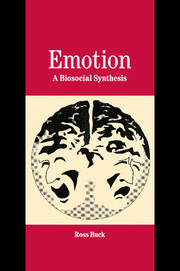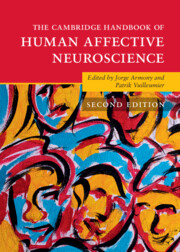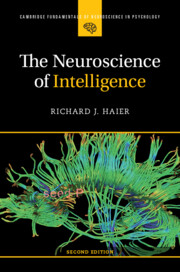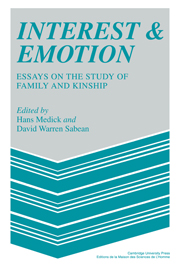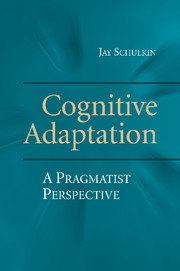Emotion
Emotions suffuse our lives: a symphony of feeling - usually whispering and murmuring in pianissimo but occasionally screaming and shouting in fortissimo crescendo - filling every waking moment and even invading our dreams. We can always be conscious of how happy, sad, annoyed, or anxious we feel, and also of the feelings we have relative to other persons: pride, envy, guilt, jealousy, trust, respect, or resentment. Developments in brain imaging and in capturing nuances of nonverbal display now enable the objective study of emotion and how biologically-based primary emotions relate to higher-level social, cognitive, and moral emotions. This book presents an integrated developmental-interactionist theory of emotion, viewing subjective feelings as voices of the genes: an affective symphony composed of dissociable albeit interactive neurochemical modules. These primordial voices do not control, but rather cajole our behavior with built-in flexibility, enabling the mindful application of learning, reason, and language.
- Reveals the true nature of 'emotional intelligence' as communication
- Describes a new approach to brief therapeutic intervention via emotional education
- Reviews new research on brain mechanisms of emotion, including moral emotion
Reviews & endorsements
"That rare animal - an original integrative theory of emotion that seriously tackles the complex interaction of social and biological processes! I expect Ross Buck's Emotion: A Biosocial Synthesis to become an instant classic."
Arvid Kappas, Jacobs University Bremen
"Few have integrated the vast scope of emotional feelings in human and animal lives as well as Ross Buck. Here Buck weaves the diverse threads of scientific complexities to be faced in the study of emotions into the whole cloth of understanding. This book provides as solid an illumination of modern emotion studies as is currently available."
Jaak Panksepp, Professor and Baily Endowed Chair of Animal Well-Being Science, Washington State University, and author of Affective Neuroscience (Oxford) and Archaeology of Mind (Norton)
Product details
September 2014Adobe eBook Reader
9781316055748
0 pages
0kg
40 b/w illus. 6 tables
This ISBN is for an eBook version which is distributed on our behalf by a third party.
Table of Contents
- Part I. A Biosocial View of Emotion:
- 1. A developmental-interactionist theory of emotion
- Part II. Biological Emotions: A Readout View:
- 2. Neurochemical systems: evolution and function
- 3. Structure of neurochemical systems of emotion
- 4. Attachment: the evolution, development, and neurochemistry of sociality
- Part III. Higher-Level Emotions: An Ecological-Systems View:
- 5. Cognitive and linguistic emotions
- 6. Social emotions
- 7. Moral emotions: the passions of civility.

